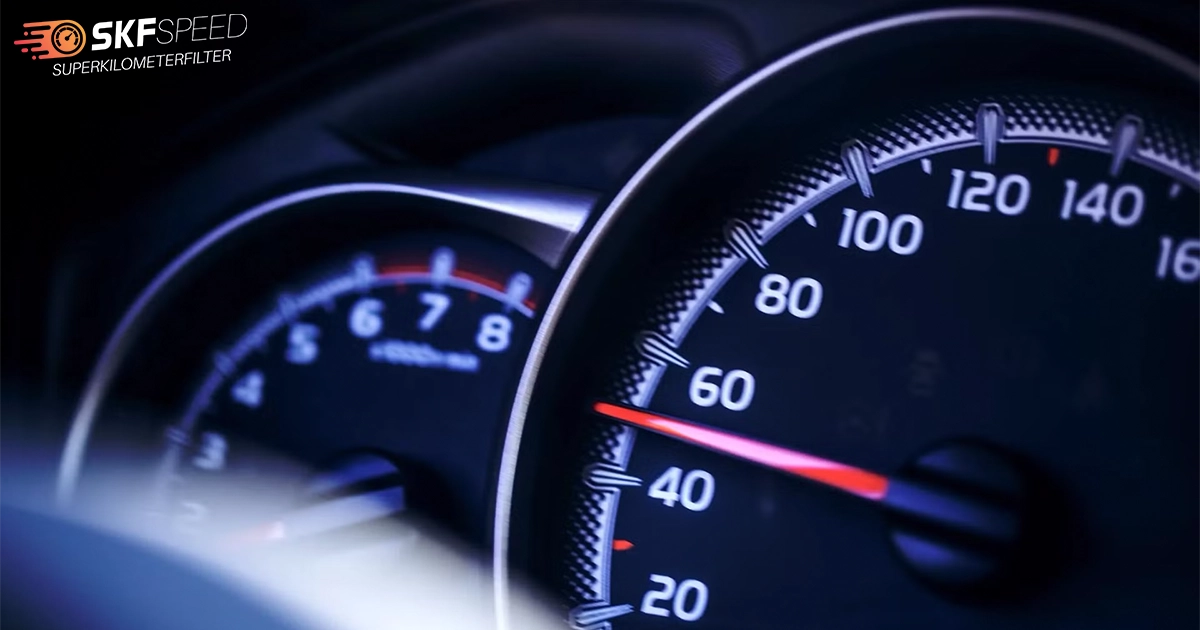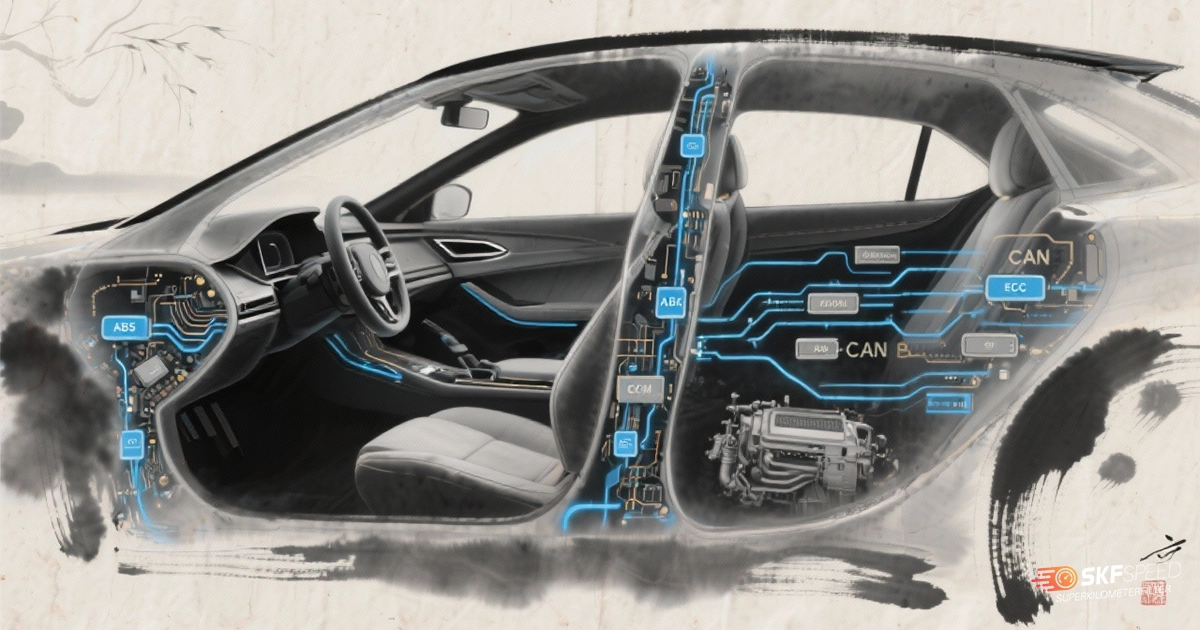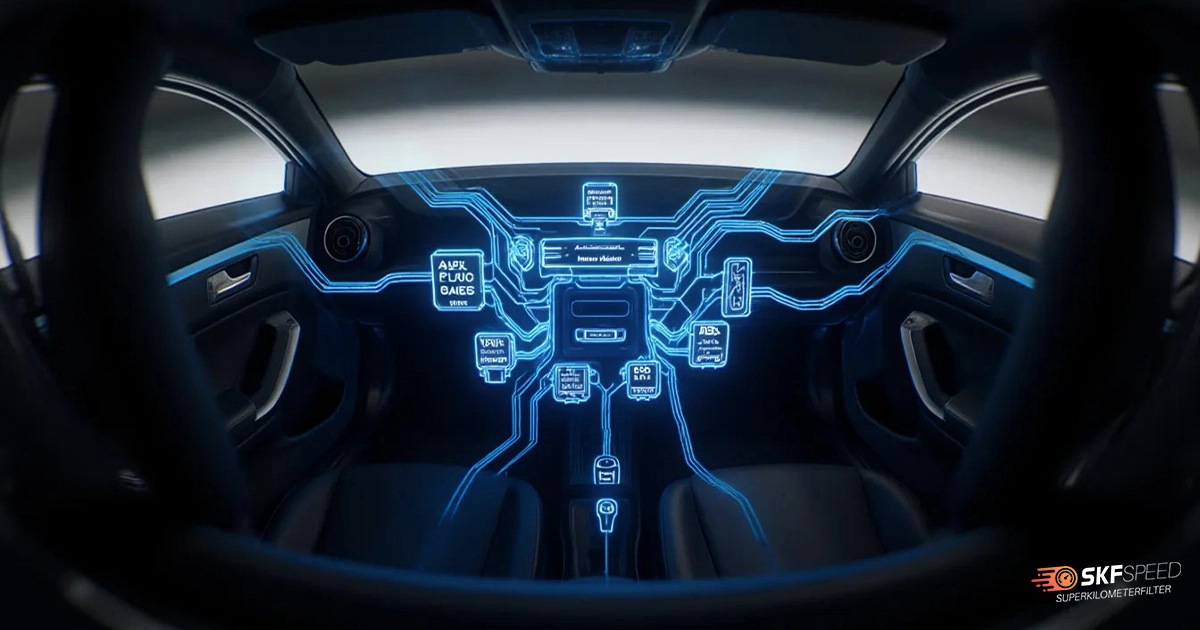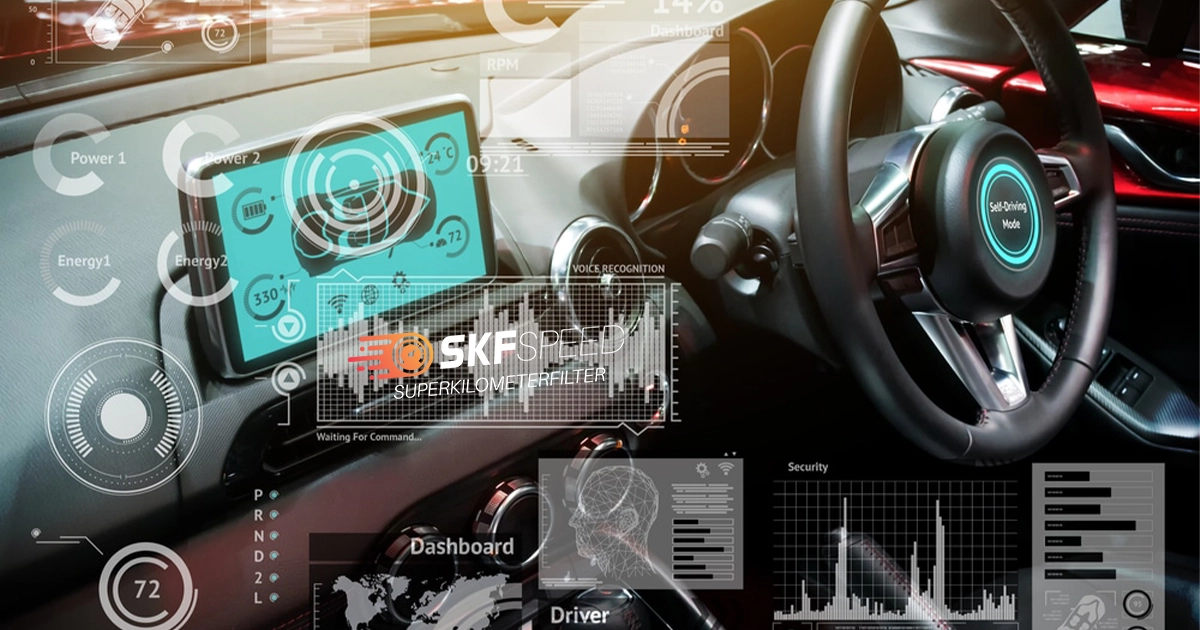
Odometer reading exempt is a title status that means a vehicle’s mileage does not need to be disclosed on official documents, such as a title or statement. This title usually applies to older cars, heavy vehicles, trailers, or certain automobiles that are exempt from federal odometer disclosure requirements. Exempt miles don’t mean the car has low miles. It simply means the seller is not legally required to report the odometer figure on the paperwork.
Odometer reading isn’t just some technical wording in paperwork. It holds significant importance under federal law. If you are buying an automobile, this term can help you spot important details about its past. In case you are selling, this information ensures that you disclose the right status on the title and avoid illegal mistakes. In this blog, we will discuss all the essential details about exempt mileage and also give you practical tips.
When you buy or sell a car or vehicle, the odometer reading is one of the most critical pieces of information. It shows how many miles the automobile has driven. However, under the Federal Odometer Disclosure Act, not all cars are required to state mileage on the title. That is where the term odometer exempt appears.
In short, a car with this label does not need to list the mileage. The reason is that certain vehicles are older, making the mileage unreliable or impossible to verify. The U.S. National Highway Traffic Safety Administration (NHTSA) confirms that cars older than ten years often qualify for this exemption.
In addition, NHTSA data show that over 40 million used cars change hands in the U.S. every year, and a portion of them carry this exempt status. Therefore, knowing the history of a vehicle is more important than just looking at the odometer.

The phrase odometer reading exempt appears on a statement or title when the car qualifies for the exemption. This does not mean the automobile has low miles. Instead, it indicates that the report does not legally need to include the exact odometer figure.
Let’s look at the example. A 1998 Toyota Corolla being sold in 2025 would likely show exempt mileage on its paperwork. The reason is that the car is old enough that mileage disclosure under the federal rules is no longer required. Such law protects sellers from liability when odometers are faulty or replaced.
But this law also has a catch. Some dishonest sellers may use this status to hide high miles or even illegal rollbacks. That is why checking a vehicle history report is essential.
A car buyer may see an exempt mileage on a title and assume that means the automobile is in perfect condition. In reality, it is the opposite.
Mileage is one of the most important factors in determining a car’s value. When a vehicle has exempt status, that critical number is missing. This leaves the buyer to rely on other factors. In such cases, a certified statement or even state inspection records can give better insight into the true condition of the auto.
Thus, ignoring details about mileage can lead to wrong decisions and costly repairs in the future. So, be sure to double-check the odometer reading and ensure it displays the actual miles.
Not every car can receive an exempt title. The federal rules specify which automobiles qualify. Here are the most common cases:
For comparison, a 2005 Ford in 2025 would show exempt mileage in a title. The same applies to a heavy-duty commercial truck or a trailer. But a 2018 Honda Civic would not qualify in 2025 because it is less than ten years old.
These rules exist to simplify reporting and prevent unnecessary disputes. The older the vehicle, the harder it is to prove exact mileage.
While odometer reading exempt sounds harmless, it can have risks for both buyers and sellers.
When you see exempt mileage on a title, do not panic. It does not mean the automobile is worthless. It just means you must be more careful. Here are some useful tips:

Understanding the meaning of odometer reading exempt can save both sides of a vehicle transaction from problems. Buyers can avoid making bad purchases, and sellers can avoid breaking the law.
Let’s put it in a different perspective. Surely, mileage is important, but it is not the only thing that defines a car’s value. A well-maintained 20-year-old auto with exempt status can still be a great buy if all other records check out. On the other hand, a newer vehicle with suspiciously missing miles could be a warning sign.
Mileage is one of the biggest factors that influence a car’s value, even when the title lists it as exempt mileage. Buyers often assume that exempt means mileage is not important, but that is not true. A vehicle with high miles will still show wear and tear, regardless of whether the number is officially disclosed.
For example, an older automobile listed as exempt may have 250,000 miles, which affects its resale price, maintenance costs, and long-term reliability. On the other hand, a similar car with fewer miles will typically hold more value, even if both carry exempt status. This is why buyers should never rely only on paperwork but should check service records, inspection reports, and certified history statements. While odometer reading exempt is a legal category, the actual mileage driven still plays a crucial role in understanding the condition and worth of a vehicle.
A Mileage blocker does not change the vehicle’s legal title or official status, nor does it convert the car into an exempt mileage classification. This blocker is a compact tool used in professional testing. The mileage blocker stops the vehicle from recording extra mileage when it’s in motion.
In a controlled testing environment, engineers measure distance with separate devices. Be aware that a mileage blocker can temporarily affect the OBD2 gauge display. Remember that this tool is intended for controlled, short-term testing only — not everyday driving.
A Mileage blocker provides several advantages for professional testers. Here are the key advantages:
You can purchase the mileage blocker for car testing purposes online on the SKF website. For any assistance or additional information, please visit the support page or contact customer service.
Odometer reading exempt means that an owner is not required to report the exact mileage. The reason can be the vehicle’s age or its special type. Such action allows sellers to avoid unnecessary paperwork and make the whole process easier. However, while buying a car, always verify history reports, request official records, and never ignore anything suspicious.







Here you will find all the details about our company
Here you will find shipping and return related information
Here you will find information on all technical questions
Here you will find helpful information about installation